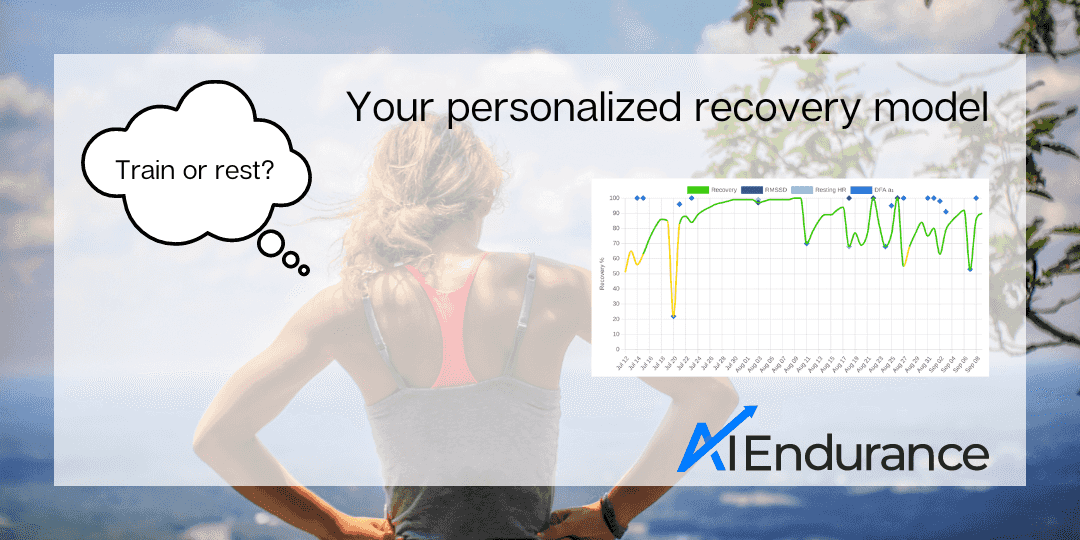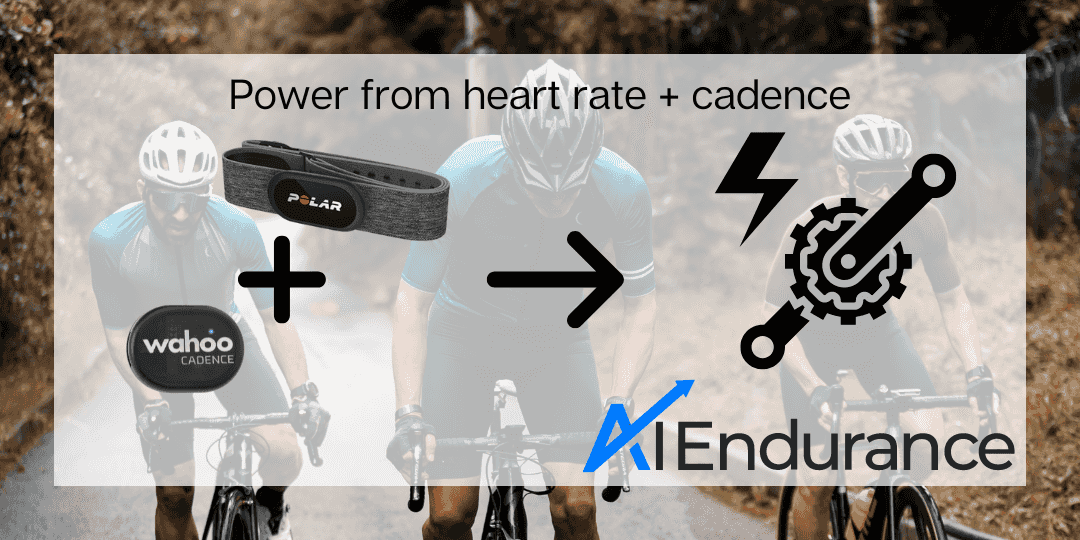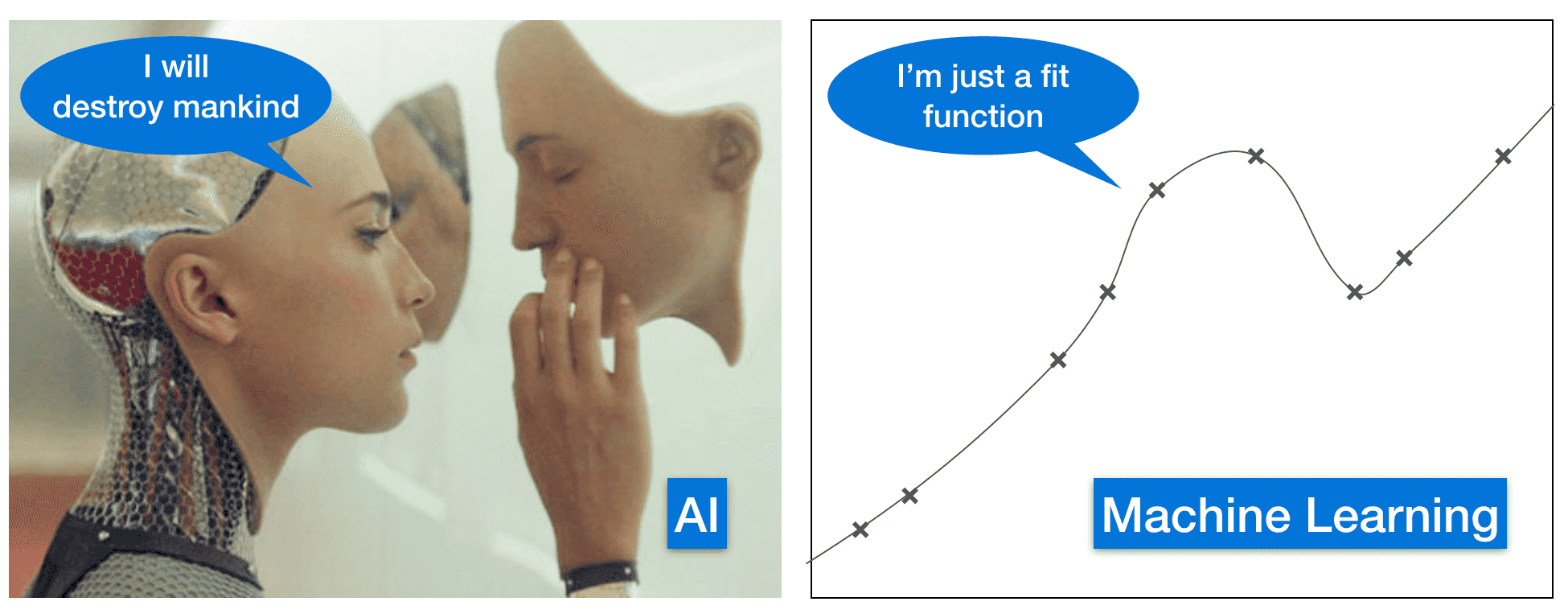
by Grant Paling. In his last blog post in a series of three, "I don’t really know how I’m doing," Grant reflects on self-assessment and personal growth, emphasizing the role of AI Endurance in setting realistic goals and predicting performance in triathlons.
It’s quite subjective isn’t it. The question we might ask of ourselves or that others constantly ask us throughout our day.
“How are you doing?”
I think you define how you are doing. Often our biggest critics are ourselves and I think therefore it is important to define for yourself some goals and parameters against which to measure yourself, but also to be very honest with yourself about those. And also to be kind to yourself.
I am a very positive person. I wasn’t always. It changed when I was around 16. It wasn’t like I was miserable as a teenager but I did have the usual teenage angst and self-consciousness. Things like being rubbish at talking to girls, not being great at sport, the usual stuff one might worry about!
Then I would say I had an epiphany.
I was studying psychology as one of my A-Levels and I found it fascinating. My teacher was also brilliant – shout out to Mr Price if you are out there somewhere and this reaches you! – so I was very interested in the topic in general. But one lesson I remember vividly just made sense to me. It was a lesson focusing on “attribution theory”. The basic concept is that with any event in life, you attribute a reaction to it and in this theory (I forget the exact theory – there were various) they were attempting to measure that in a kind of 1 to 10 scoring framework.
Let us imagine I walk into a room full of people and trip over. How should I react to that?
Perhaps I could say I tripped over because I’m useless and it’s the latest in a long line of things that keep going wrong because I’m a rubbish person and no one likes me.
Or…
Perhaps it was just a trip. No one in the room cared. In fact we all laughed about it and carried on with our day, which in the end turned out to be a great one.
I hope that kind of illustrates the point. Of course bad things happen but when they do, you can decide how you move forward. Once you realise that your brain is really in your control, then I truly believe that you can find positivity and ultimately, be more happy and at ease with yourself.
I am in serious danger of going off on a tangent and down a seriously deep rabbit hole so let me stop myself.

That time I did trip over, at last year’s Eastbourne Triathlon
So going back to where I started, I am a positive person so I like to challenge myself, I like to set goals and then set out to achieve them. But what is a realistic set of goals for triathlon? I’m currently asking myself, ahead of competing at the European Age Group championships in Triathlon, what would a realistic target time be?
Well, it is another thing AI Endurance has helped me with.

Let’s see how the predictions go!
The app gives you predictions on your future performance if you follow your training plan. So for example, what is a realistic half-marathon time? Well, it tells me that! And of course it is all based on my data.
With race day looming fast, I am going into it knowing that I have trained smarter than ever before, I have a good idea of how I should perform on the day and whatever happens, I am going to go out there and enjoy it.

Before every workout you should know if you're actually ready for it. Everyone responds differently to stress, bad sleep and exercise fatigue - our new recovery model makes data driven decisions about when you should train and when you shouldn't - based on heart rate variability (HRV).

Power meters are costly and we often can't afford one on every bike we own. AI Endurance calculates cycling power from activities without a power meter using heart rate, cadence and DFA alpha 1. The results are generally more accurate than speed based estimates such as Strava's estimated power. All you need is a heart rate monitor and ideally a cadence sensor on your bike and AI Endurance will estimate your power for every ride.

AI has great potential to help us as endurance athletes improve our training. In this post we will discuss how AI endurance training works.

by Markus Rummel. At AI Endurance, your optimized training plan has always been built on data — not guesswork. We start by crunching the numbers: analyzing your recovery, availability, and long-term progression to create an efficient, evidence-based plan.